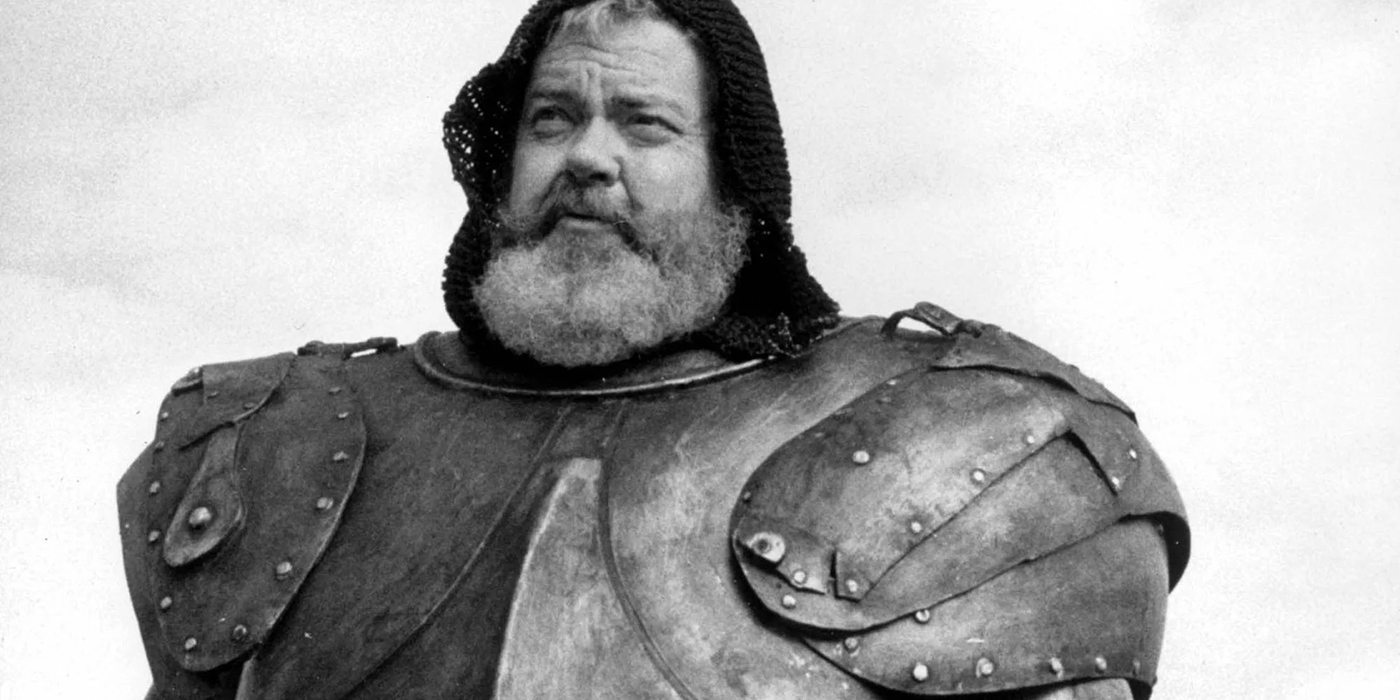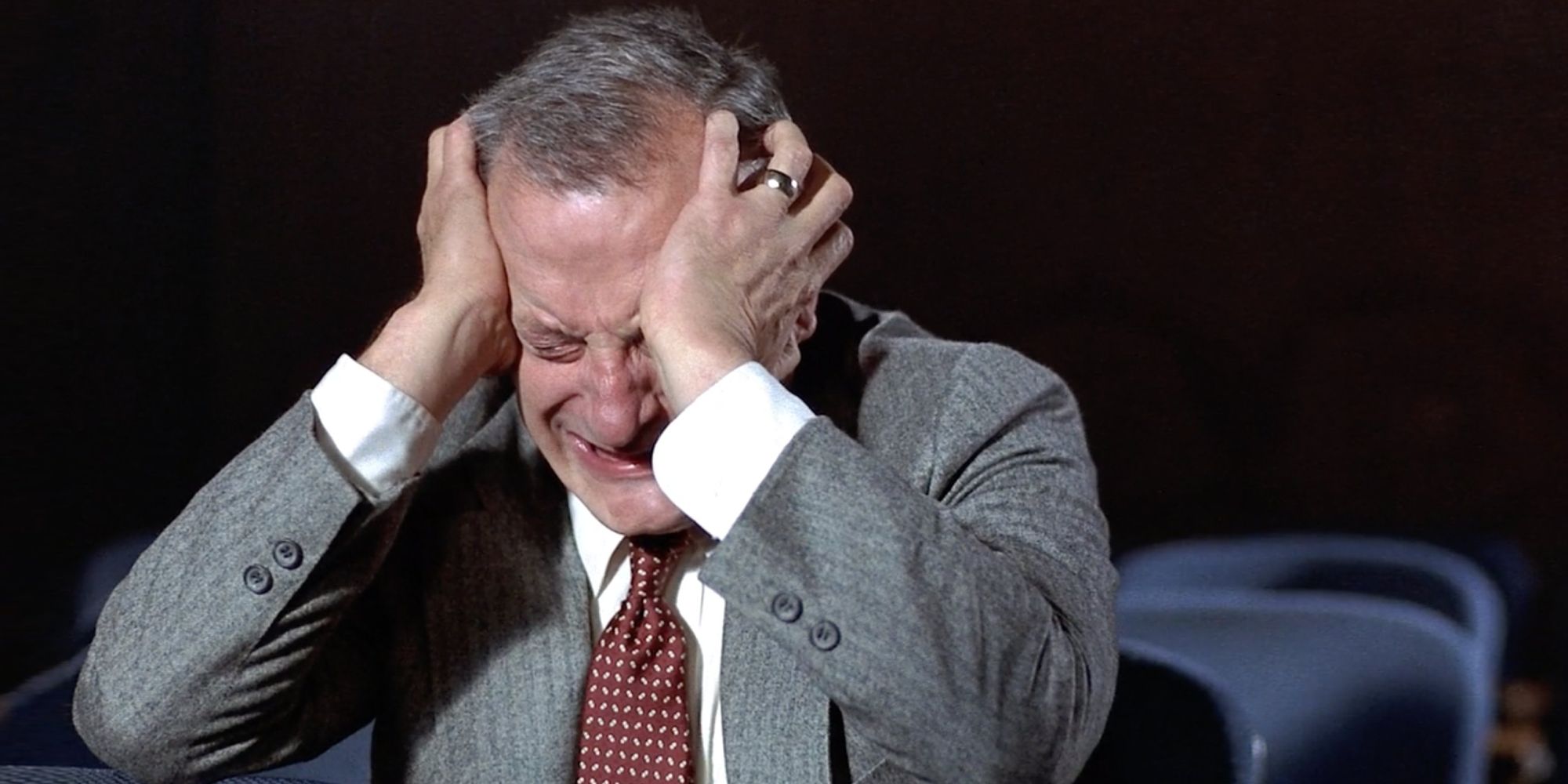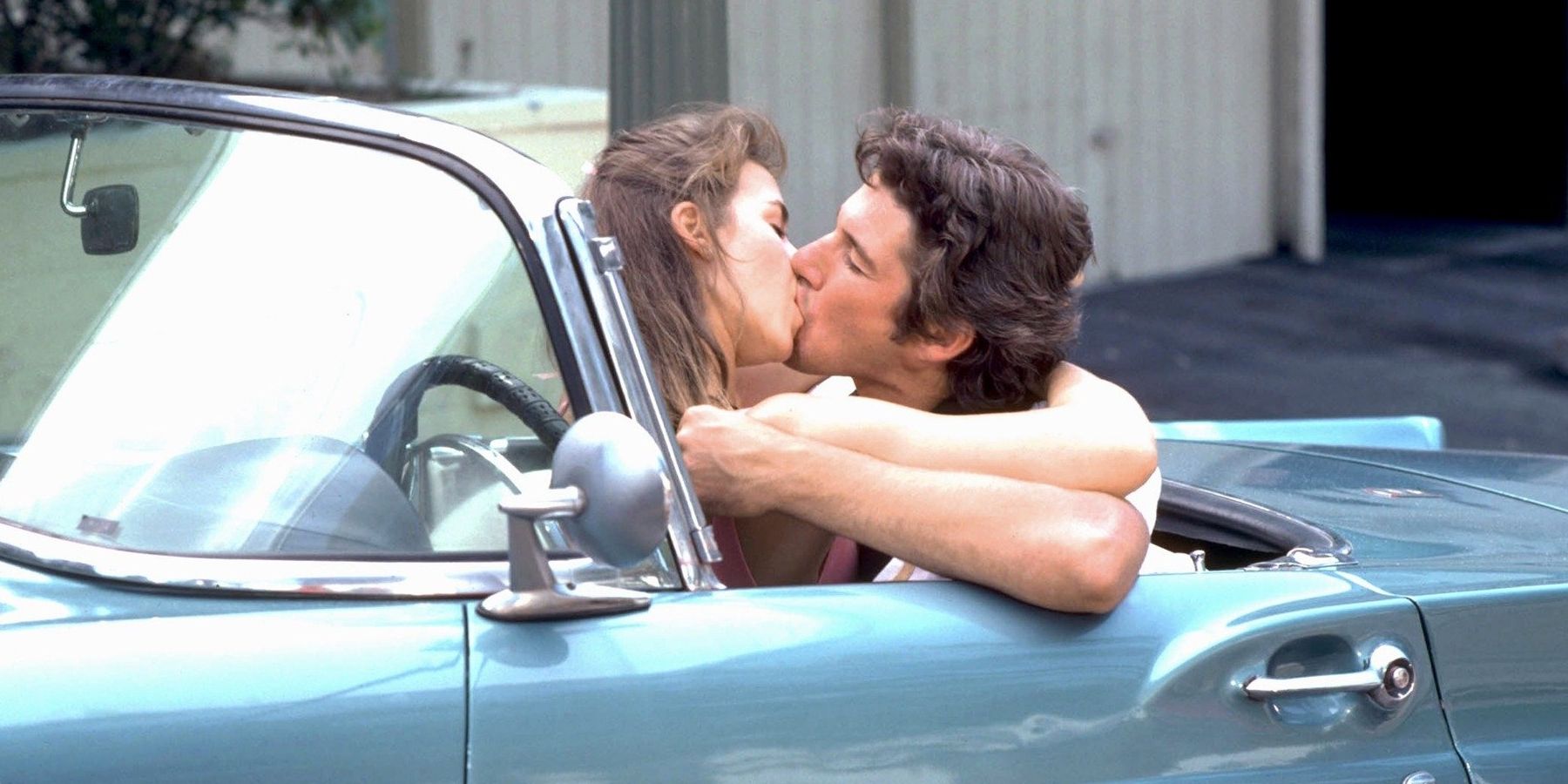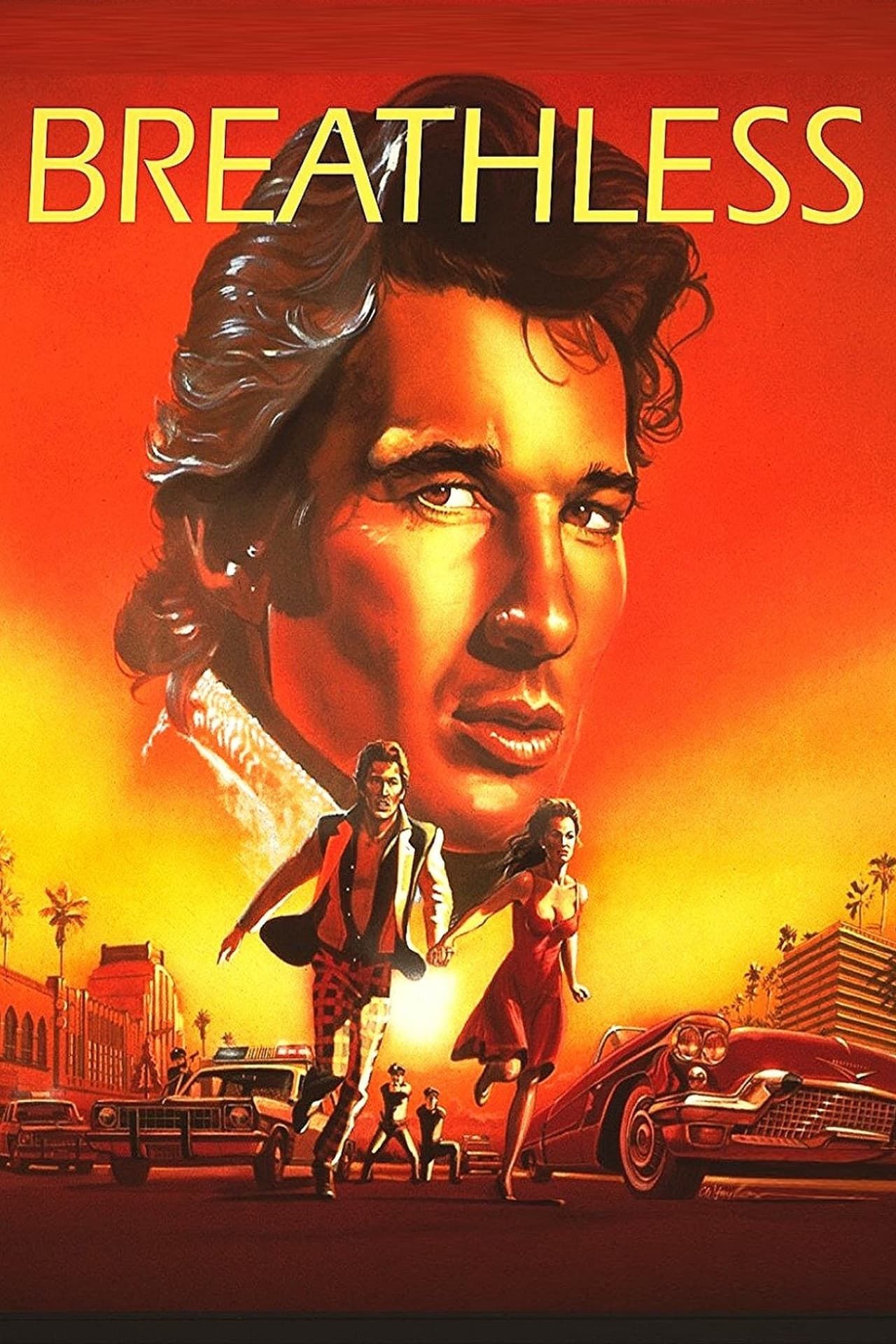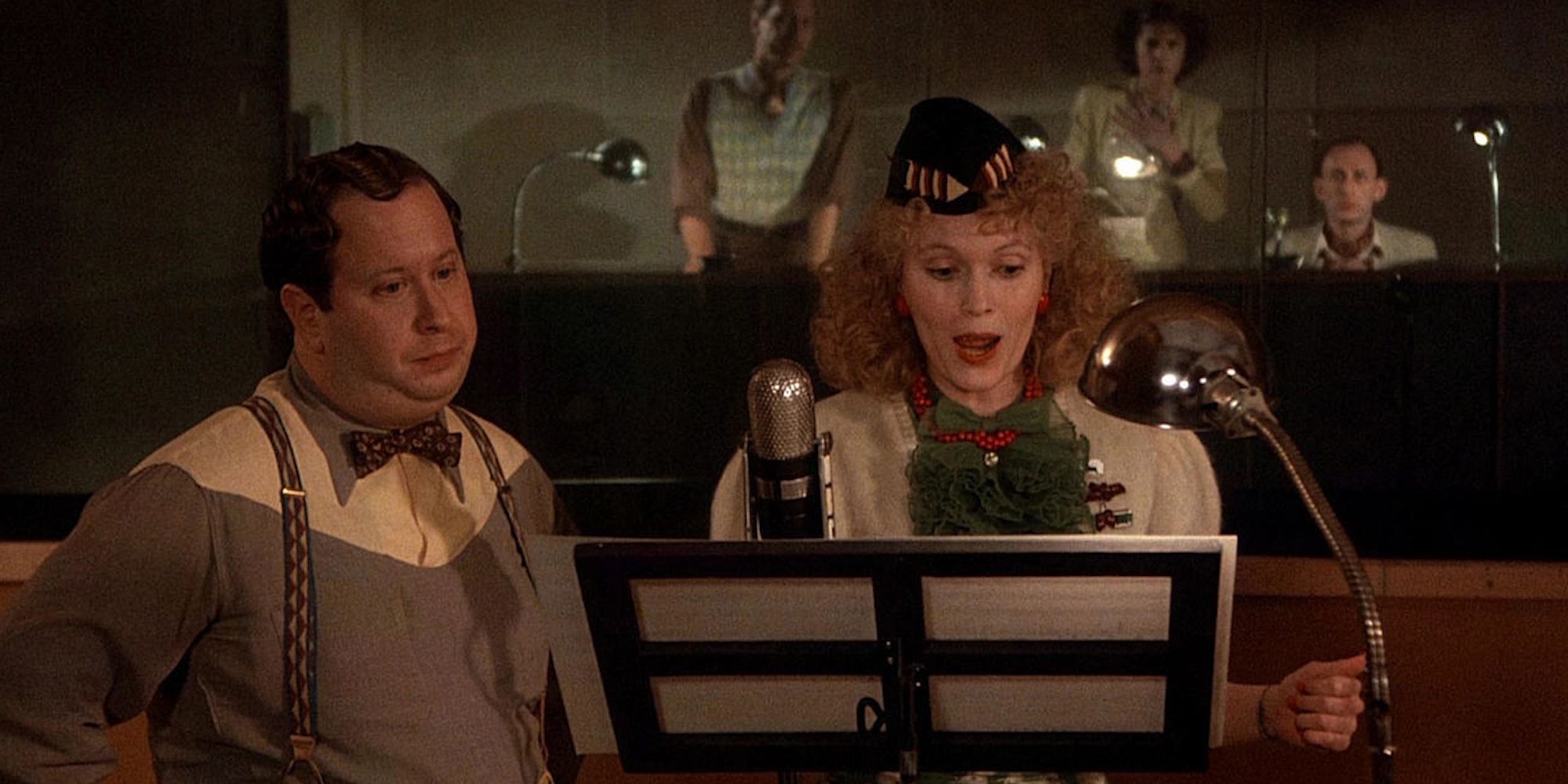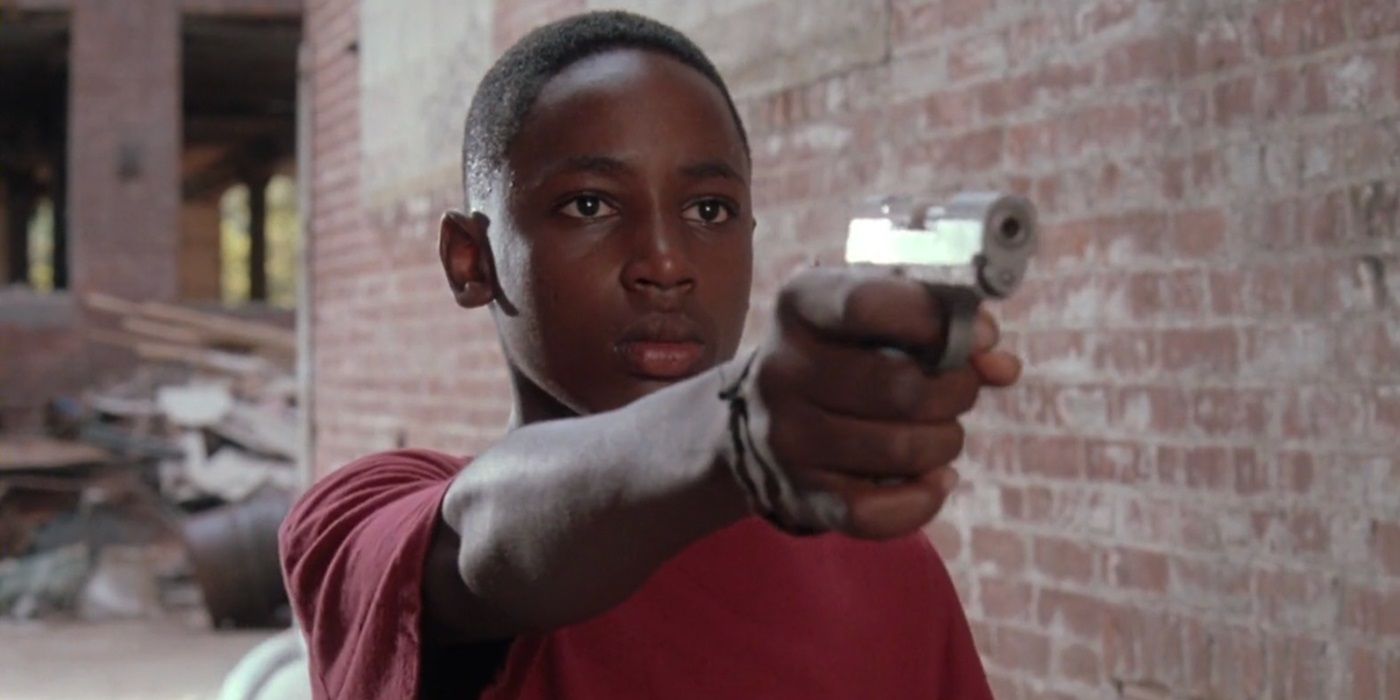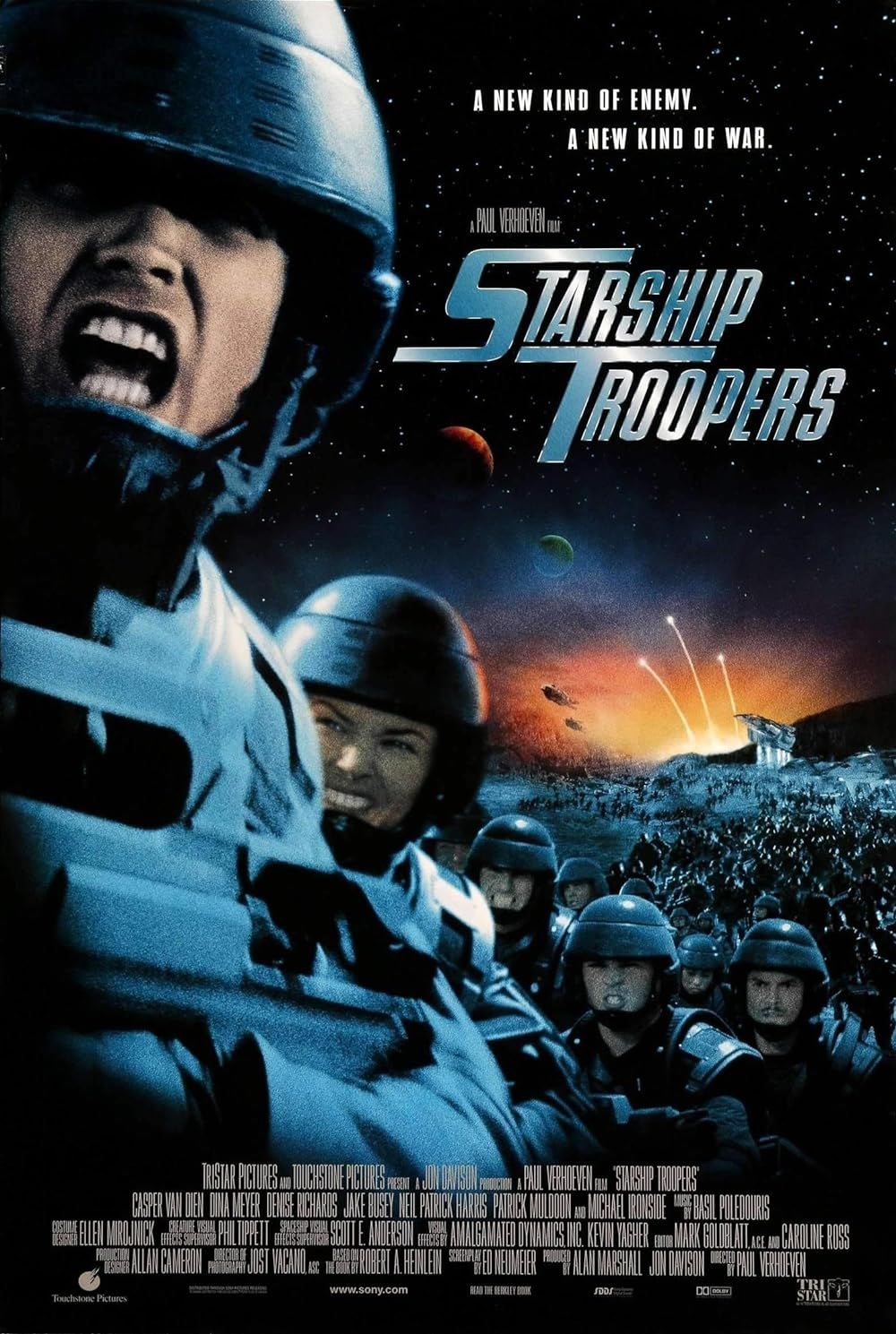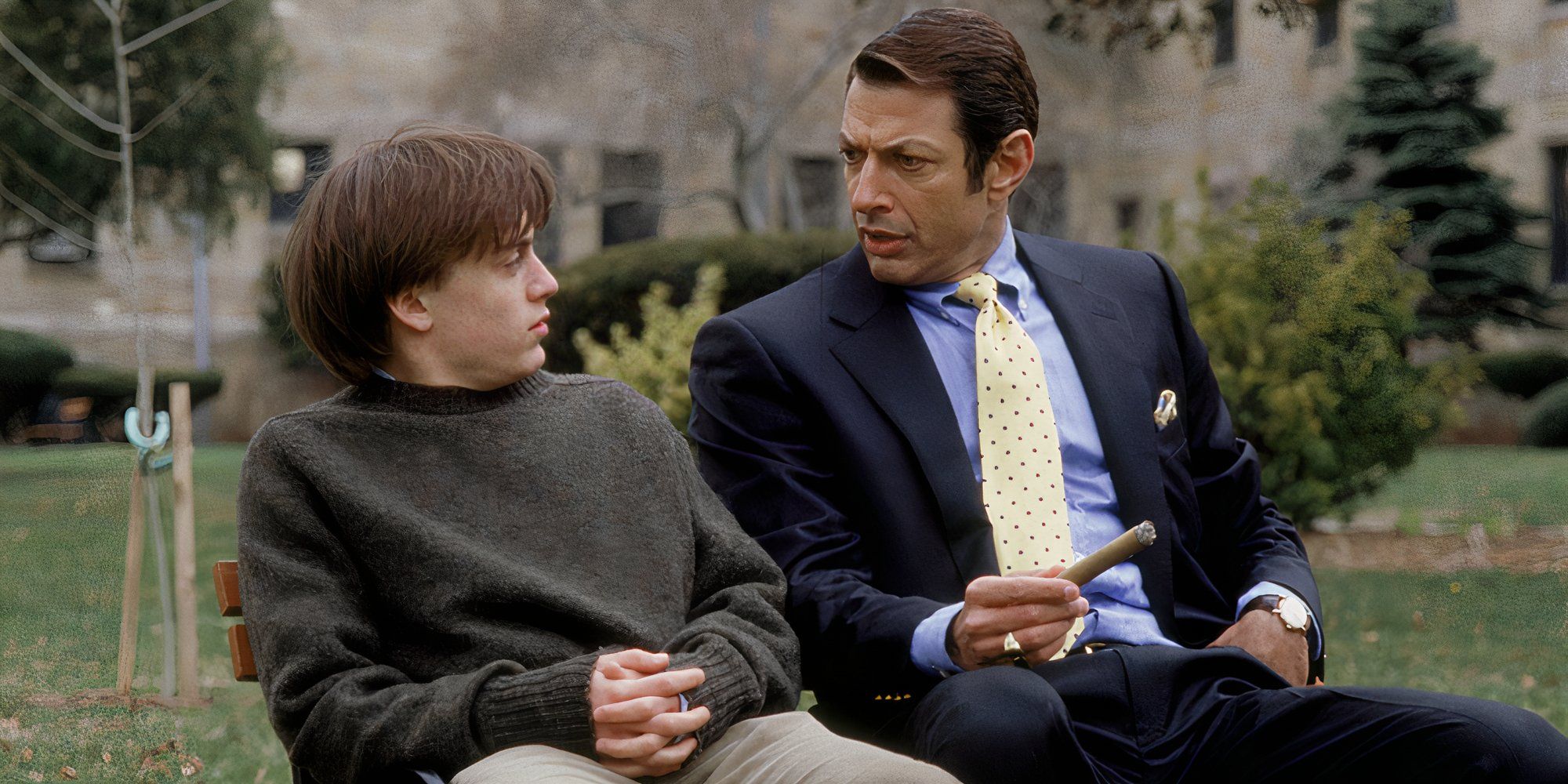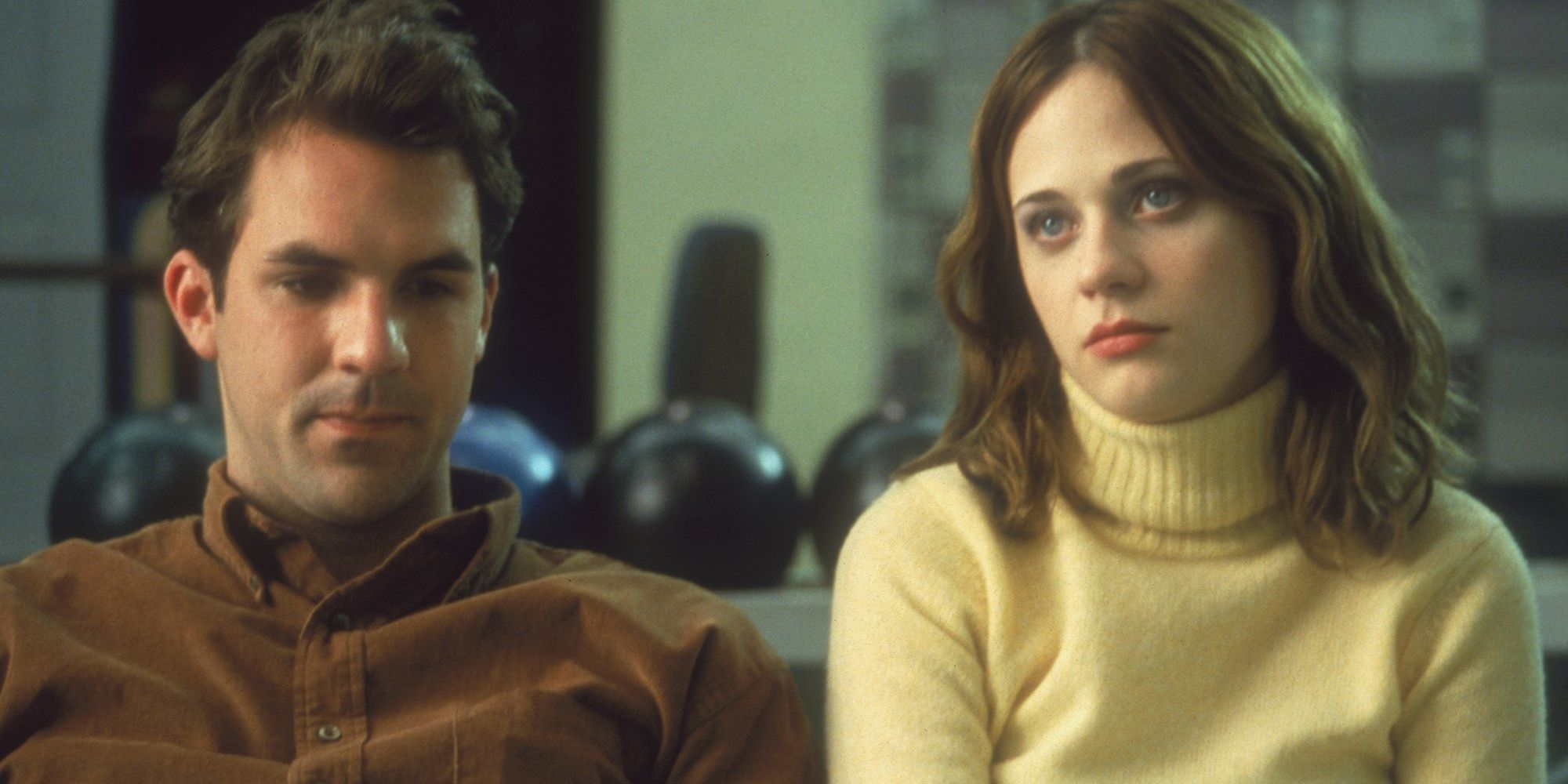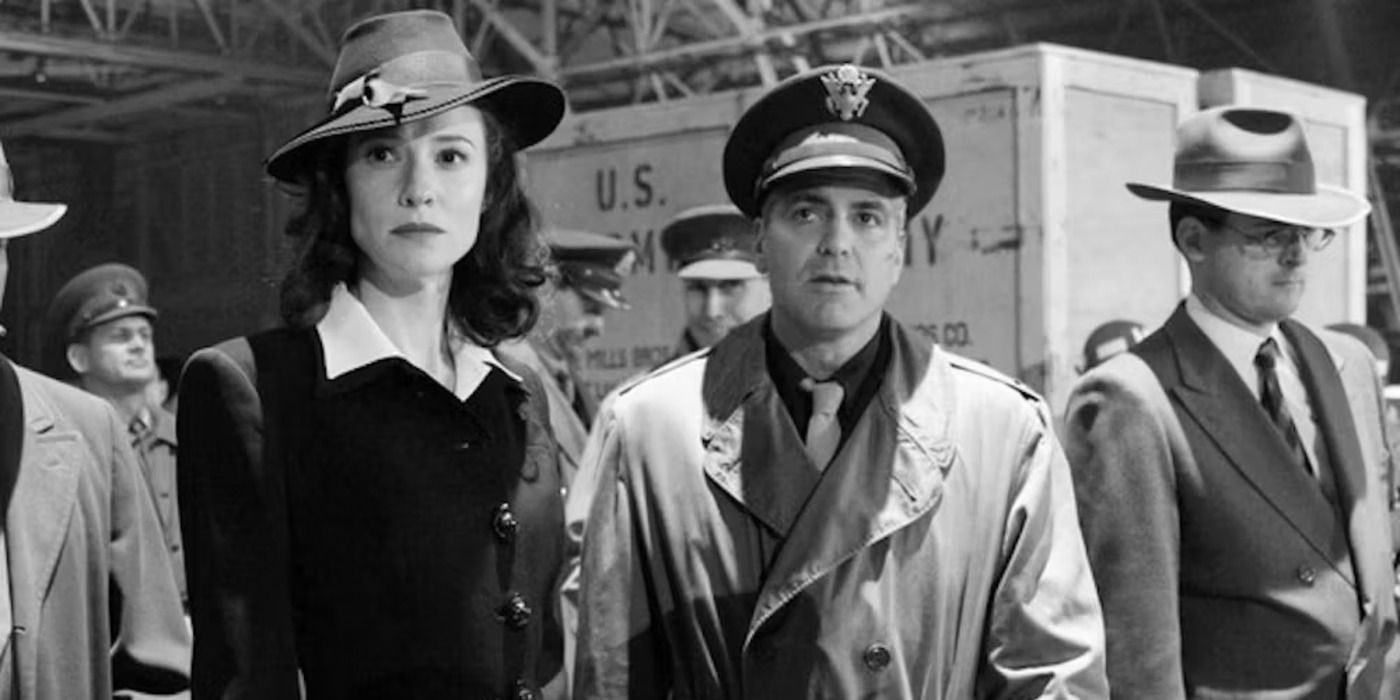Any seasoned professional in the film industry is likely to cite a great screenplay as the most important part of a production. There are plenty of bad movies that fell apart during filming, but there’s never been an instant classic that was created off of a bad script. When looking at the various Best Picture winners, cult classics, and mainstream hits of the last several decades, they all required excellent writing, and featured sharp and memorable characters.
There are many reasons why a screenplay may be cited as being “underrated.” Occasionally, a film may not have hit with its intended audience during the initial stages of its release, and it may have been a financial disappointment that cast a shroud of negativity over the project. Classics like Citizen Kane and Chinatown are heralded for their excellent screenplays, but there are plenty of underrated gems that are also worth appreciating. Here are the ten most underrated screenplays of all-time, ranked.
10 ‘Chimes at Midnight’ (1965)
Screenplay by Orson Welles
Chimes at Midnight is one of the many films that Orson Welles made after Citizen Kane, so naturally it suffered a little bit in comparison. While Citizen Kane was a sprawling epic about the failings of the “American dream,” Chimes at Midnight was a clever reinterpretation of some of the most famous works of William Shakespare. Welles merged elements of both Henry IV and the Henry V plays into a moving examination of father-son relationships, all told through the perspective of Falstaff.
“Welles merged elements of both
Henry IV
and the
Henry V
plays into a moving examination of father-son relationships, all told through the perspective of Falstaff.”
Welles was able to reinvent the classic Shakespearean characters so that Chimes at Midnight felt different from other adaptations, whilst still embodying some of the most famous quotes. It’s both an incredible war epic and a surprisingly intimate family drama about a young leader who is forced to choose between following two very different mentors, each of whom deeply care about him.
Watch on Max
9 ‘Hardcore’ (1979)
Screenplay by Paul Schrader
Hardcore was one of the most controversial films written by Paul Schrader, the beloved screenwriter behind such Martin Scorsese classics as Raging Bull, Taxi Driver, and The Last Temptation of Christ. A sleazy neo-noir that was unafraid to take on controversial material, Hardcore centers on a depressed businessman (George C. Scott) who becomes a vigilante after he discovers that his daughter has become involved in the adult entertainment industry.
Schrader crafts a haunting mystery in which the characters are forced to sink deeper into despair as they recognize the cruelty of the world that they live in. Although there are some overt allusions to Christian imagery that make the investigative storyline more profound, Hardcore also includes some of the trademark dark humor that makes Schrader’s work so unique when compared to other Scorsese ripoffs. It’s the perfect blend of prestige and campiness.
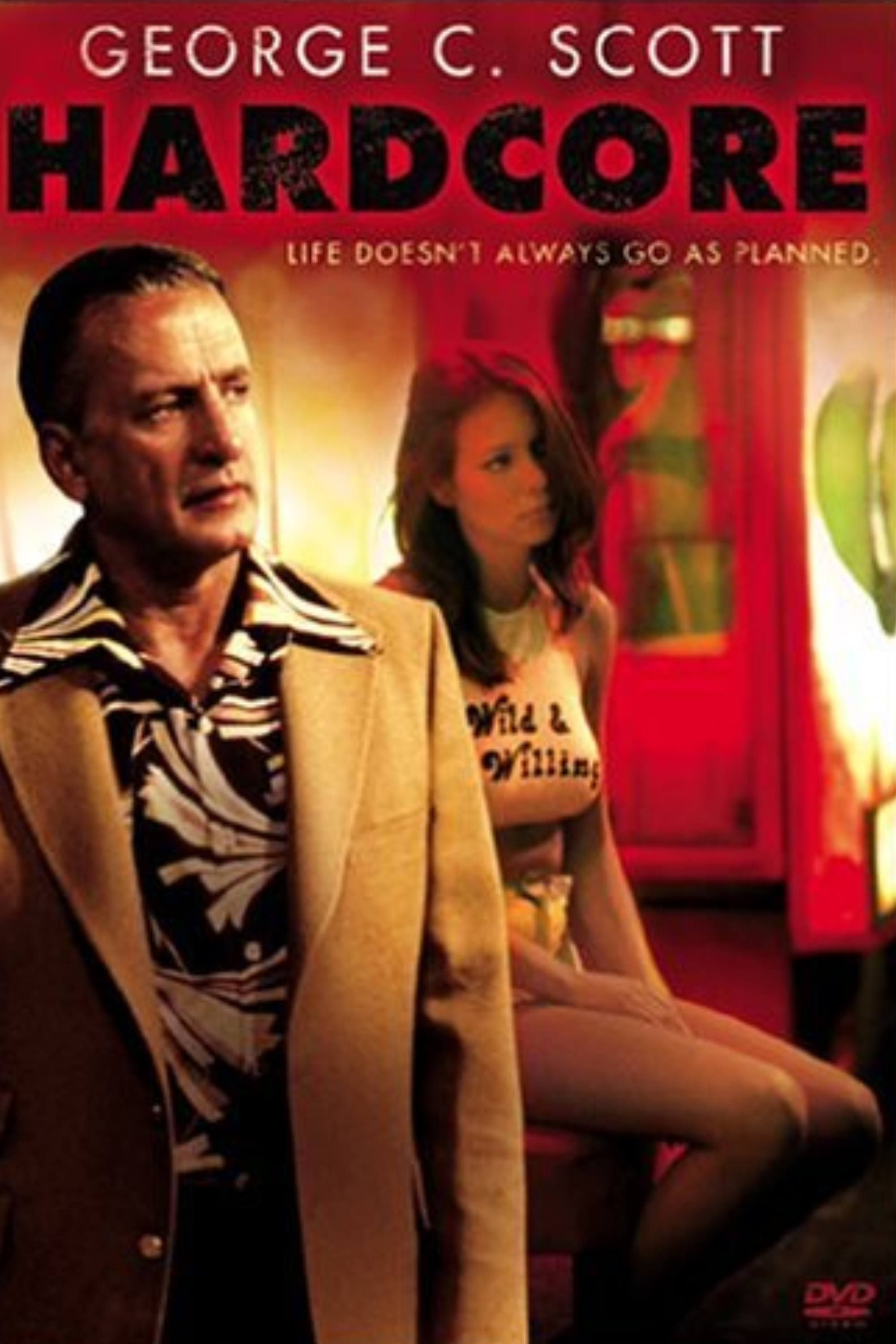
Hardcore (1979)
- Release Date
- February 9, 1979
- Director
- Paul Schrader
- Runtime
- 108
- Main Genre
- Drama
Watch on The Criterion Channel
8 ‘Breathless’ (1983)
Screenplay by Jim McBride and L.M. Kit Carson
Breathless had the unenviable task of remaking one of the greatest films of all-time, as Jean Luc-Godard’s 1960 classic of the same name has been heralded as the film that essentially kicked off the “French New Wave” era of the 1960s. While the original film was a French comedy about falling in love with an American woman, Jim McBride’s remake turns into an epic American tragedy about a callosu reporter (Richard Gere) who becomes obsessed with his international influences.
Breathless was able to ground itself in the aesthetics of modern day Los Angeles thanks to relevant popular culture references, including nods to jazz music and American superhero characters. Although nothing will ever replace the original film, the Breathless remake has a strong enough screenplay that its existence still feels justified. The two films can be seen together as unique companion pieces.
Watch on Prime Video
7 ‘Radio Days’ (1987)
Screenplay by Woody Allen
While he is perhaps the most controversial filmmaker working today, Woody Allen has written great films, and Radio Days is one of his funniest and most insightful screenplays. Allen’s films often focus on dispirited writers, Jewish anxiety, and interpersonal relationships, but Radio Days opted to take a look at the legacy of auditory media. The film serves as a loose recollection of various radio stars and shows as they hit their peak in popularity, only to suffer a serious decline in the public’s understanding over the later course of the 20th century.
“Despite an Oscar nod at the time, the script isn’t nearly as well-remembered and discussed as it should be these days.”
Radio Days is insightful about the power of nostalgia, and does a great job at explaining why this form of media was so popular to a generation of young writers and storytellers. As with most of Allen’s dramedies, Radio Days is filled with memorable characters and witty, snappy dialogue. Despite an Oscar nod at the time, the script isn’t nearly as well-remembered and discussed as it should be these days.
Watch on Tubi
6 ‘Fresh’ (1994)
Screenplay by Boaz Yakin
An overlooked crime masterpiece that was heralded for its unique perspective, Fresh brilliantly merges elements of a cat-and-mouse thriller with the structure of a coming-of-age movie. Boaz Yakin’s astounding first screenplay focuses on a young boy known as “Fresh” (Sean Nelson), who decides to start a feud between two rival gangs after several of his friends are killed in a local shooting. The subject material is dark and very upsetting, but Fresh examines the power that young people have to surpass expectations.
The screenplay for Fresh uses the metaphor of chess as a means of explaining how gang wars are conducted. This is emphasized through scenes between Fresh and his father (Samuel L. Jackson), which help tie together the themes of family and loyalty. Bold, darkly funny, and surprisingly emotional, Fresh is unlike any other crime movie from the 1990s.
Watch on Netflix
5 ‘Starship Troopers’ (1997)
Screenplay by Edward Neumeier
Starship Troopersis such a brilliant work of satire that it was largely misinterpreted upon its initial release, as some viewers chose to view it as a straightforward summer science fiction action film. However, director Paul Verhoeven chose to take a straightforward military sci-fi book and turn it into a violent war film that had all the trappings of fascist propaganda. The characters in Starship Troopers are deliberately lifeless and cheesy, as they are intended to reflect the shallow figures that appear in jingoistic material.
Starship Troopers works so brilliantly as a work of propaganda that it is nearly indistinguishable from the thing that is mocking. It’s terrifying that the film’s satirical themes weren’t as widely heralded upon its initial release, which may have only proven the point that Verhoeven was trying to make about how susceptible people are to fascist ideology.
Watch on Netflix
4 ‘Igby Goes Down’ (2002)
Screenplay by Burr Steers
Igby Goes Down is a brilliant coming-of-age movie that modernizes The Catcher In The Rye for a generation of younger New York bohemian artists. Burr Steer’s astounding first screenplay centers on the young high school dropout Igby (Kieran Culkin), who decides to join a group of Manhattan artists as he eludes the attention of his vindictive mother, Mimi (Susan Sarandon). Igby is immature, but his erratic behavior is linked to his non-existent relationship with his father (Bill Pullman), who suffers from serious mental health issues.
“Igby Goes Down
is both a brilliant satire of the wealthy class and a surprisingly intimate story about being alone and feeling without a purpose.”
Igby Goes Down is both a brilliant satire of the wealthy class and a surprisingly intimate story about being alone and feeling without a purpose. Culkin arguably gave the breakout performance of his career, but it wouldn’t have been possible had Steers’ screenplay for Igby Goes Down not been as brilliantly profound as it was.
Watch on Prime Video
3 ‘All The Real Girls’ (2003)
Screenplay by David Gordon Green
Although he’s earned a somewhat diminished reputation among movie fans in recent years due to his work on the underwhelming Halloween and The Exorcist legacy sequels, David Gordon Green started his career making lower budget independent dramas like All The Real Girls. A profound look at the “Middle America” culture that speaks to existentialist themes about the value of community, All the Real Girls is a profound romance that featured career-best work from Zooey Deschanel and Pablo Schreiber.
“Hopefully, those disappointed with his work in the horror genre will end up checking out [David Gordon] Green’s work on
All The Real Girls
, and recognizing what a uniquely talented artist he actually is.”
All the Real Girls attains a level of realism that distinguishes it from other indie dramas, as Green achieves an impressive amount of naturalism in his screenplay, to the point that it almost feels entirely improvised. Hopefully, those disappointed with his work in the horror genre will end up checking out Green’s work on All The Real Girls, and recognizing what a uniquely talented artist he actually is.
Rent on Amazon
2 ‘Shattered Glass’ (2003)
Screenplay by Billy Ray
Shattered Glass is a brilliant journalism thriller that seemingly predicted the debate over ethics in the Internet era. Based on a startling true story, Billy Ray’s underrated biopic film tracks the rise and fall of Stephen Glass (Hayden Christensen), an acclaimed reporter for the New Republic magazine who grew popular for his odd and entertaining stories. Although Glass became a minor celebrity within the literary world, an investigation by his editor (Peter Sarsgaard) revealed that almost all of his stories were faked.
Shattered Glass does a great job at examining how a newsroom operates, and how debates over editorial direction end up coloring the ways that coverage is handled. While the story itself seemed larger than life when the film was first released in 2003, its discussion about the dominance and popularity of “fake news” couldn’t feel any more relevant today.
Watch on Tubi
1 ‘The Good German’ (2006)
Screenplay by Paul Attanasio
The Good German is one of the more radical experiments with Steven Soderbergh’s career, as it attempted to replicate a style of filmmaking that was popularized within the “Golden Age of Hollywood.” Set in the immediate aftermath of World War II, The Good German explores a romance that emerges between an American reporter (George Clooney) and a femme fatale (Cate Blanchette), who he suspects may have ties to a rejuvenated Nazi movement. The aftermath of the Potsdam peace conference puts pressure on the characters to resolve their crisis to avoid starting another international conflict.
The Good German brilliantly pays homage to “Old Hollywood” films, including Casablanca, Double Indemnity, and From Here To Eternity. Nostalgia can often be a crutch that filmmakers lean on when they don’t have any original ideas of their own, but The Good German shows how to do it right.
Rent on Amazon


